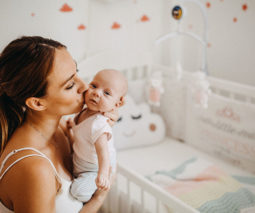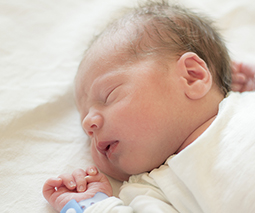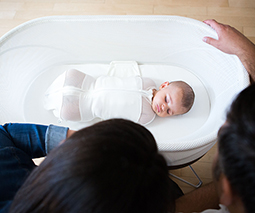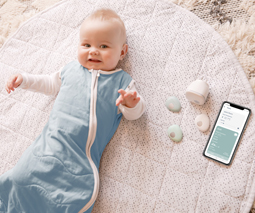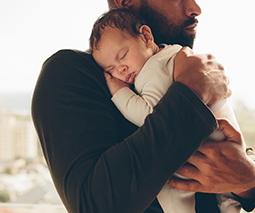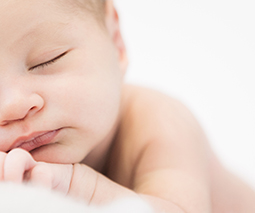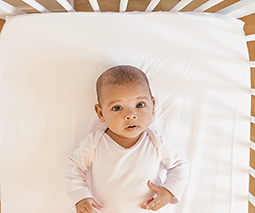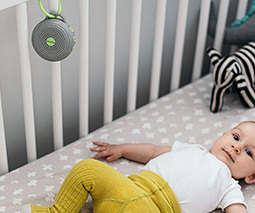The co-sleeping message that’s failing parents
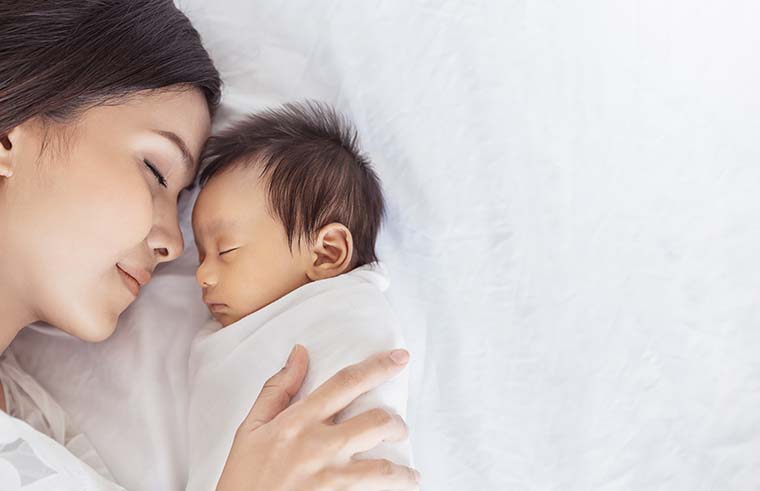
It’s something most parents have done – or will do – with their children at some point, yet the message around co-sleeping is focused on how dangerous it is … when really what we should be talking about is safety.
The co-sleeping message
When it comes to parenting, I think the public health message has failed – especially in regards to co-sleeping.
The overwhelming message that parents in Australia get about co-sleeping is that it’s dangerous.
We get that message from our public health providers – whether it’s lactation consultants, midwives or area health nurses. And yet, according to Red Nose, 90 percent of parents will have a baby in bed with them in the first six months.
And when we do it, the first thing that comes to mind is that we shouldn’t be doing it. Parents will feel anything from fear to guilt to anxiety. None of these emotions are helpful for parenting well.
A good night’s sleep, however, is.
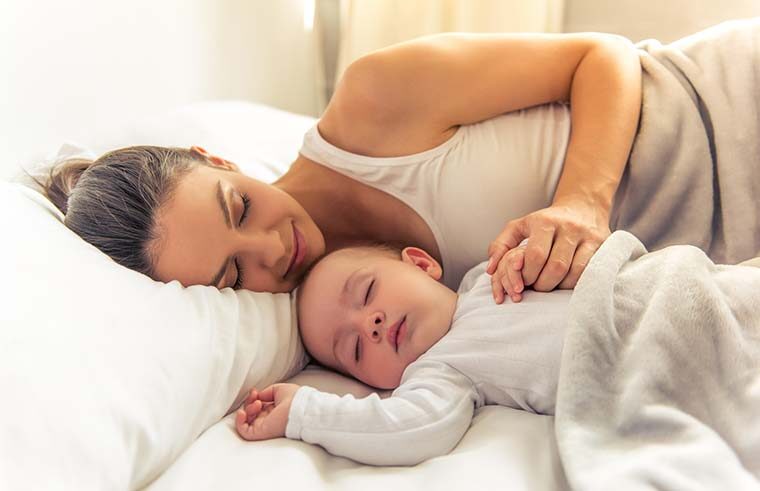
Not all co-sleeping arrangements are safe
Thanks to Red Nose, the number of Sudden Unexplained Deaths in Infancy (SUDI) in Australia has fallen dramatically. Between 2007 and 2017, the rate in Australia declined from 28 per 100,000 to 6 in 2017.
We know much more now about how to sleep with a baby safely. And while some babies do die if they are in a co-sleeping environment, it’s the risk factors that have the greatest impact on a child’s safety, not co-sleeping itself.
If a parent is under the influence of drugs or alcohol, if there is too much bedding or soft furnishings, if the child is swaddled or there are other children in the bed – all of these factors make the sleeping environment less safe for your baby.
And, most importantly, co-sleeping can be defined as everything from sharing a bed with a baby, to falling asleep on the lounge with a baby on your chest.
Falling asleep with a baby on your chest on the lounge is dangerous; but if you are sharing a bed with a baby, and have taken all of the risk factors out of the scenario, you are co-sleeping with your baby in the safest way you can.
Learn more about co-sleeping on The Promise of Sleep podcast:
The strongest message we get about co-sleeping is that it’s dangerous
I’m not sure how it has come to this, but the overwhelming amount of information available about co-sleeping seems to be that it is dangerous and will kill your child.
When my son was four months old, a lactation consultant told me that by co-sleeping with him, I was putting him most at risk of dying. She said she was obliged to tell me that – and she was a great lactation consultant and really lovely, too.
Even though I was sleeping alone in a double bed, with no pillows, no blankets and he wasn’t swaddled, I was terrified that I was doing the wrong thing. Before she said that, we had been sleeping and breastfeeding beautifully together.
We would fall asleep together and wake up in exactly the same position, his little hands under his chin, looking up at me.
It was more sleep than I’d had with my first child, who’d been in a cot.
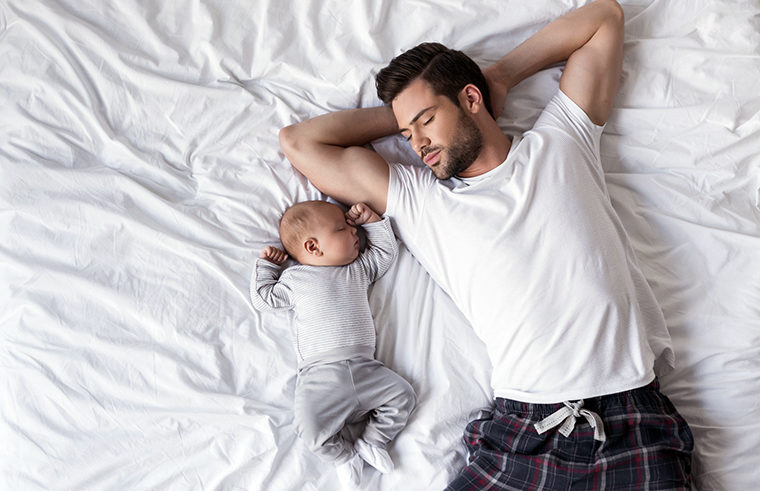
When it comes to co-sleeping, parents are being treated like idiots
The message around co-sleeping is underestimating my intelligence as a parent. Given that 90 percent of Australians are likely to share a bed with their child in the first six months, I’m guessing that the fear-mongering isn’t stopping anyone from doing it.
So why aren’t we making the message more about safety? Shouldn’t parents be given all the information, not simply told ‘don’t do this’?
I’m not advocating for everyone to start co-sleeping with their babies
I have great respect for the people who support new mothers, babies and families. I understand they have a job to do and they want to make sure babies are safe.
But I’m wondering why the message we get is such a blunt one; we don’t need to be scared into doing the right thing by our children, it’s paramount in our hearts and minds.
Some parents will read all the facts about co-sleeping and choose not to take the risk. Others will read them, make sure they are doing it safely, and choose to share a bed. Ultimately, when a child is in a safe and loving home, isn’t this the way it should be?
Co-sleeping is something most parents have done – or will do. So let’s start trusting parents to make the best decision for their family, and giving them the information and resources to do just that.
 Need some more baby sleep advice? Our Parent School sleep experts can help. Click to find out more or book a one-on-one session.
Need some more baby sleep advice? Our Parent School sleep experts can help. Click to find out more or book a one-on-one session.
